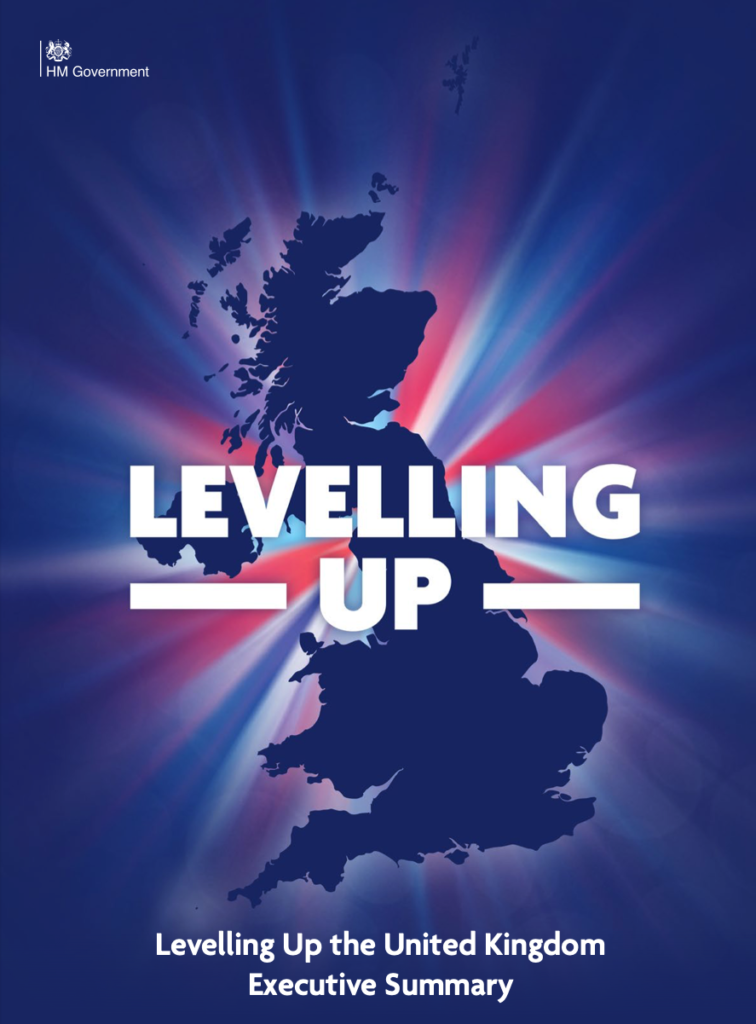Boris Johnson, Britain’s Prime Minister, was nicknamed “the greased piglet” by his predecessor and Oxford contemporary David Cameron, for his ability to get out of tight situations. He has demonstrated those skills yet again after last week’s very poor local election results for the Conservatives. Instead the pressure is on his Labour counterpart, Sir Keir Starmer.
The Conservatives lost about 500 council seats across Britain, against the low base of when these seats were last fought in 2018, in the midst of the floundering of his predecessor, Theresa May. Many Tory MPs had supposedly been waiting for these results to decide whether they would ask for a vote of confidence. And yet Mr Johnson looks confident and there is little talk of unseating him. Those Tory MPs will put off their decision until the next event, such as the publication of Sue Gray’s report into lockdown shenanigans. But if these MPs were going to do the dirty, they would have done it long ago. There will always be a reason why today is not the day, and mr Johnson’s supporters are adept at providing them.
Mr Johnson’s confidence is not faked. The party’s disasters in London and Scotland were “priced in” in the popular expression. Not too many Tory MPs seats are at stake in these areas. Meanwhile in the “Red Wall” of former Labour seats taken by the Conservatives they fared better; there is no sign of an impending Tory collapse. The Conservatives also lost a lot of seats in their rural heartlands across southern England. But mostly they lost these to the Liberal Democrats, with some to the Greens, as well as a few to Labour. Mr Johnson seems a lot less worried about these than about the Red Wall. A general election is very different to these local elections, and mostly the parliamentary seats are held with very comfortable majorities. The party knows how to sow doubt into voters’ minds, enough to limit any Lib Dem rise to a small number of seats. Meanwhile his line of attack on Labour, as having been taken over by an evil alliance of out-of-touch metropolitan middle classes and urban lefties, remains intact. There is work to do, but the next election looks quite winnable for Mr Johnson, albeit with a reduced majority. All he has to do is communicate this to his wavering backbench MPS. They seem ready to be convinced.
Which is one reason why the pressure is on Sir Keir. His supporters claim that the results show Labour has turned the corner in the Red Wall. But pulling back a bit from the low point in 2019 is not good enough for Labour. The results show that these seats are still in play – and pose the question of what would happen to Labour in a full strength general election campaign. Sir Keir has devoted all his energy to slaying the ghost of his predecessor, Jeremy Corbyn. This seems to be largely successful: Tory taunts that Labour is in the grip of extremists looks off the mark. That was a huge negative for the party in 2019, when many voters were put off by Mr Corbyn’s leadership. But Mr Corbyn’s leadership came with positives too – he was able to invoke enthusiasm amongst his supporters, and he managed to reach parts of the electorate that others did not. This was most evident in 2017 but was surely still there in 2019. But Sir Keir has lost this, and he isn’t able to rustle up much enthusiasm amongst people in the political centre either – in the way that Tony Blair and Gordon Brown were able to. The local elections have done nothing to allay those doubts.
The second reason Sir Keir is under pressure is a police investigation into an alleged breach of lockdown rules in 2021 while campaigning in a by election. This follows a persistent campaign by a tabloid newspaper, in an attempt to deflect pressure from the Prime Minister’s apparent serial breaches in Downing Street. Because Sir Keir has pursued Mr Johnson so aggressively on this issue, he is accused of hypocrisy, in the time-honoured manner of British politics. The truth is that the lockdown rules were unclear, especially with regard to work meetings, and many people pushed the boundaries without being challenged. The police have also levied fines when they shouldn’t. Sir Keir’s lapse, if that is what it was, does not compare to the goings on in Downing Street under Mr Johnson’s supervision. But in order to keep the pressure up on Mr Johnson, Sir Keir has now said that he will resign if he is fined. Which puts the local police in a very difficult situation. It also puts Sir Keir’s leadership in limbo.
What of the Lib Dems? They had an excellent set of elections, and, alongside the two spectacular by election victories last year, they have fought their way back into political relevance. They only did well where they had local strength, and even then, struggled against Labour in places like London. But they have now built a platform from which they can substantially build on their parliamentary representation – provided the voters are not scared that they might let in a Labour government, as they were in 2019. Lib Dems were quite happy with Labour being led by Sir Keir, as he is unlikely to scare off their floating voters. All this is a vindication of the leadership of Sir Ed Davey, and especially his decision, criticised within the party, of not mentioning Brexit. The party has shown an ability to come back in Brexit-supporting parts of the country, such as Somerset. But will they be able to do enough to stop the Conservatives from gaining a majority?
Mr Johnson’s strengths in political survival and campaigning are not matched by skills in government. His avowed radicalism has dissipated into gesture politics. Meanwhile an economic storm is gathering pace. This would be a tricky challenge for any government, let alone the current hapless one. Can the greased piglet survive that too?


